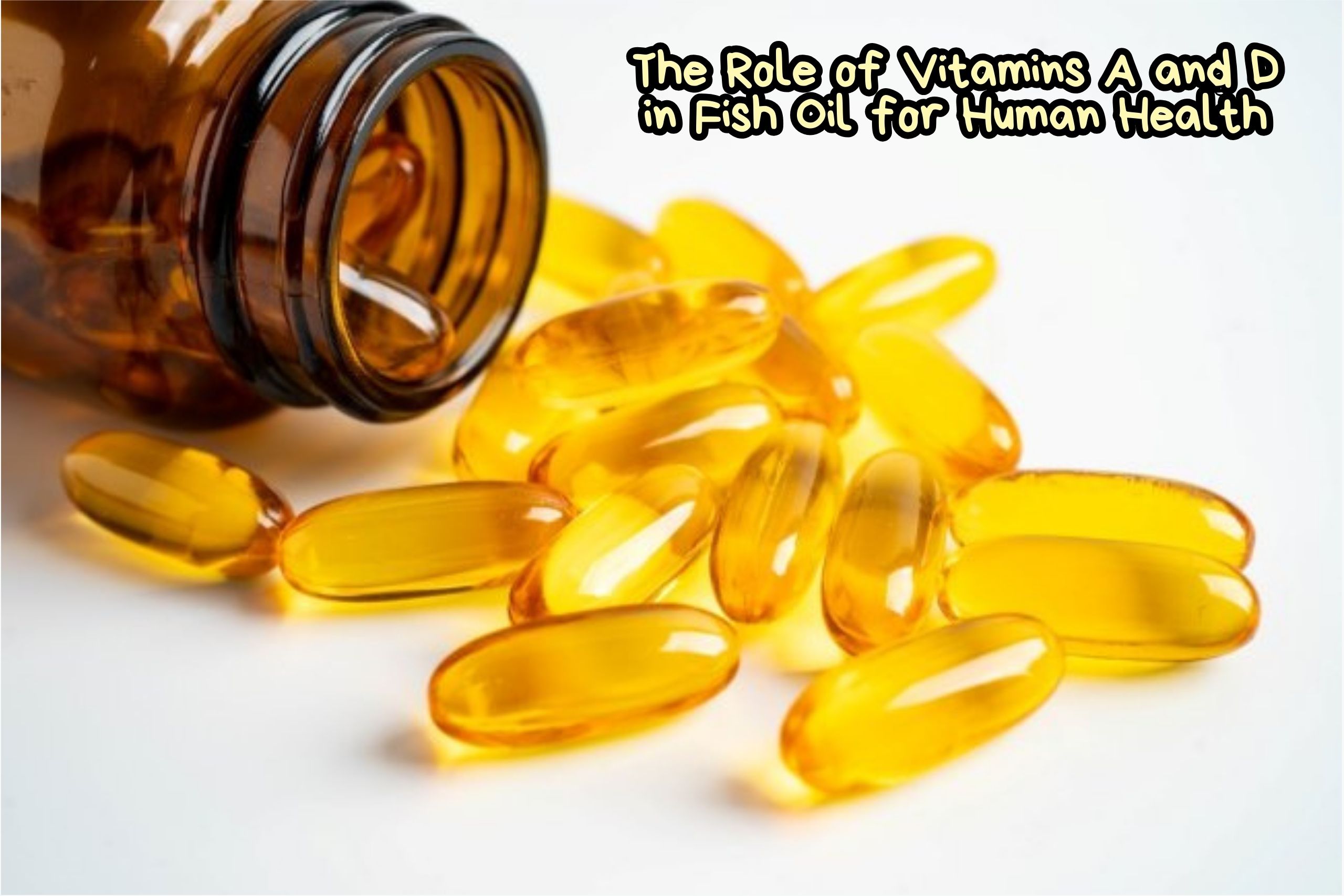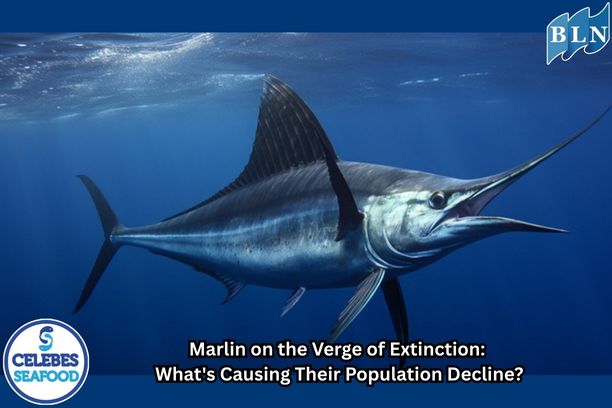The Influence of Feed Quality on Fish Growth and Health
By. Tri - 05 May 2025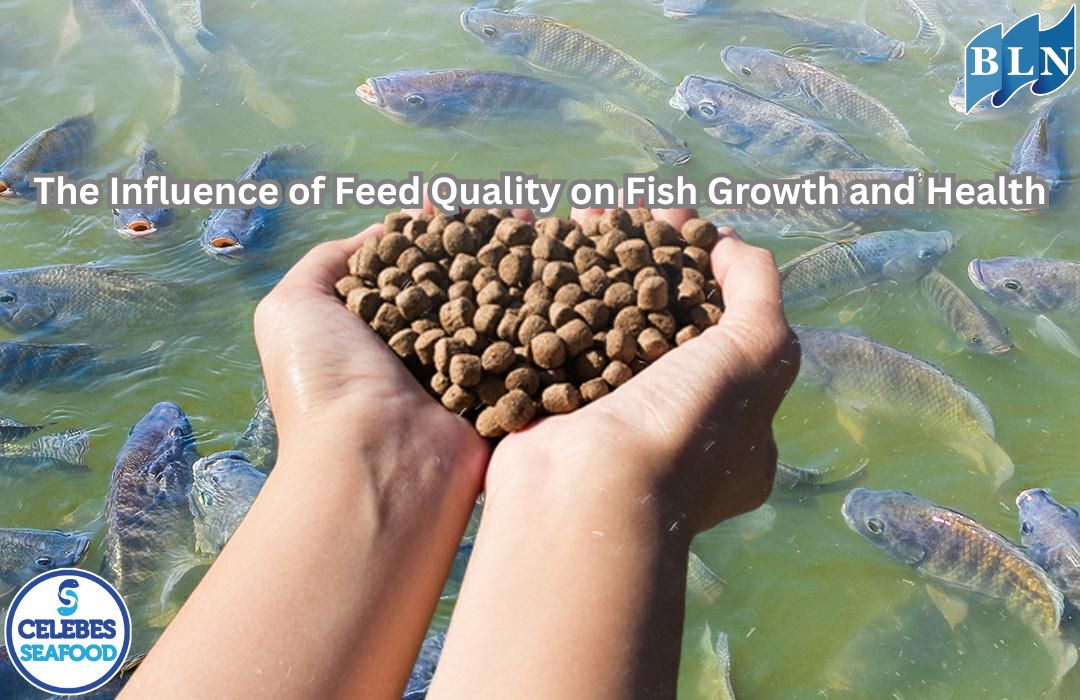
lautnusantara.com_ Feed quality plays a crucial role in the success of fish farming. This article aims to comprehensively review the influence of feed quality on fish growth and health. Aspects of feed quality discussed include nutritional content, palatability, and the presence of contaminants. Optimal fish growth heavily depends on the availability of balanced nutrients in the feed, while fish health is affected by the quality of feed ingredients and the potential presence of harmful substances. A thorough understanding of the impact of feed quality will help aquaculture practitioners in selecting and managing feed effectively, thereby increasing productivity and the sustainability of fisheries businesses.
Fish farming is a significant sector in meeting the demand for animal protein and boosting the economy. The success of aquaculture is greatly influenced by various factors, one of the most important being feed. Feed not only serves as a source of energy and nutrients for growth but also plays a vital role in maintaining the health and disease resistance of fish. Therefore, feed quality is a primary determining factor in achieving optimal productivity and the sustainability of fish farming operations.
Poor quality feed can hinder fish growth, increase susceptibility to diseases, and even cause mortality. Conversely, good quality feed, containing complete and balanced nutrients and free from contaminants, will support rapid and healthy growth in fish. This article will thoroughly examine the influence of feed quality on two important aspects of fish farming: growth and health.
The Influence of Feed Quality on Fish Growth
Fish growth is a primary indicator of aquaculture success. High-quality feed provides all the essential nutrients that fish need in the right proportions. The main nutrients that play a role in growth include:
- Protein: As the main building block of body tissues, protein is essential for the growth of muscles, organs, and other cells. Protein deficiency can lead to slow growth, suboptimal body size, and decreased feed efficiency.
- Carbohydrates and Fats: These two nutrients are the primary sources of energy for fish. Carbohydrates provide quick energy, while fats provide more concentrated energy and also play a role in the absorption of fat-soluble vitamins. Energy deficiency can hinder growth and cause fish to use protein as an energy source, which should be allocated for growth.
- Vitamins and Minerals: These micronutrients play important roles in various metabolic processes in the body, including bone growth, enzyme function, and the immune system. Deficiencies in certain vitamins and minerals can cause various growth and health problems.
Feed palatability is also an important factor in growth. Feed that fish like will be consumed in sufficient quantities, ensuring adequate nutrient intake. Factors such as aroma, texture, and particle size of the feed can affect palatability.
The Influence of Feed Quality on Fish Health
Feed quality not only affects growth but also the health and disease resistance of fish. Several aspects of feed quality that play a role in fish health include:
- Nutritional Balance: Feed with the right nutritional balance will help maintain the optimal functioning of the fish's physiological processes and strengthen the immune system. Deficiencies in certain nutrients can weaken the immune system and make fish more susceptible to bacterial, viral, and parasitic infections.
- Presence of Contaminants: Feed contaminated by toxin-producing fungi (mycotoxins), pathogenic bacteria, or harmful chemicals can cause various health problems in fish, ranging from digestive disorders and organ damage to mass mortality.
- Quality of Raw Materials: Low-quality or spoiled feed ingredients can reduce the nutritional value of the feed and potentially contain substances that are harmful to fish health. The use of fishmeal that is not fresh or contains high levels of ammonia, for example, can negatively impact fish health.
- Nutritional Supplementation: The addition of certain nutritional supplements, such as vitamins C and E, as well as natural immunostimulants in the feed can increase the fish's resistance to stress and disease.
Practical Implications in Fish Farming
Understanding the influence of feed quality on fish growth and health has significant practical implications for the success of aquaculture:
- Selection of Appropriate Feed: Aquaculture practitioners need to choose feed that is suitable for the species, size, and growth stage of the fish. Information regarding nutritional content, raw material quality, and the reputation of the feed manufacturer should be carefully considered.
- Feed Storage Management: Feed should be stored in a dry, cool place, away from direct sunlight, to prevent spoilage and contamination.
- Feeding Frequency and Amount: Feeding should be done with the correct frequency and amount to ensure that fish receive sufficient nutrients without causing waste and a decline in water quality.
- Observation of Fish Response to Feed: Farmers need to regularly observe the appetite and growth of fish as indicators of feed quality and fish health.
- Feed Quality Testing: If necessary, farmers can conduct periodic feed quality tests to ensure that the feed used meets nutritional standards and is free from harmful contaminants, If you are interested in our product SLIPPER LOBSTER WHOLE ROUND, SLIPPER LOBSTER MEAT, Coral Trout Fillet Skin On,OCTOPUS WHOLE CLEANED FLOWER TYPE please do not hesitate to contact us through email and/or whatsapp.
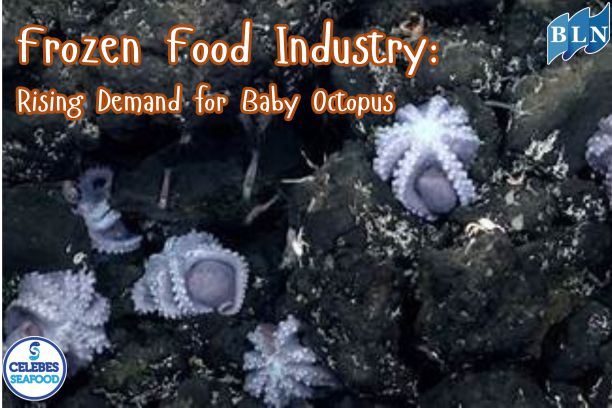
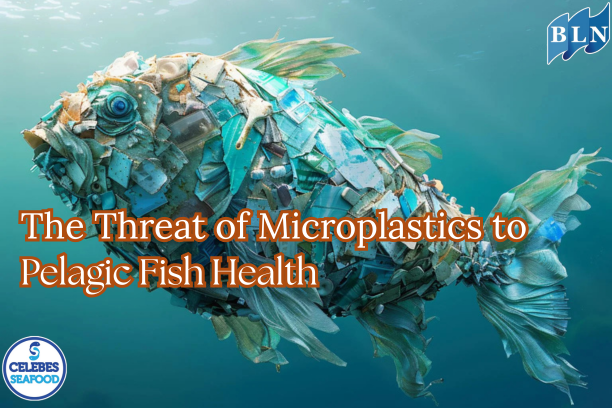

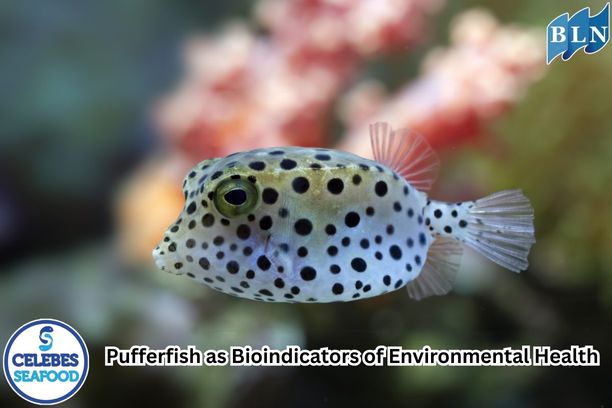

 Biology, Behavior, and Utilization.jpg)
